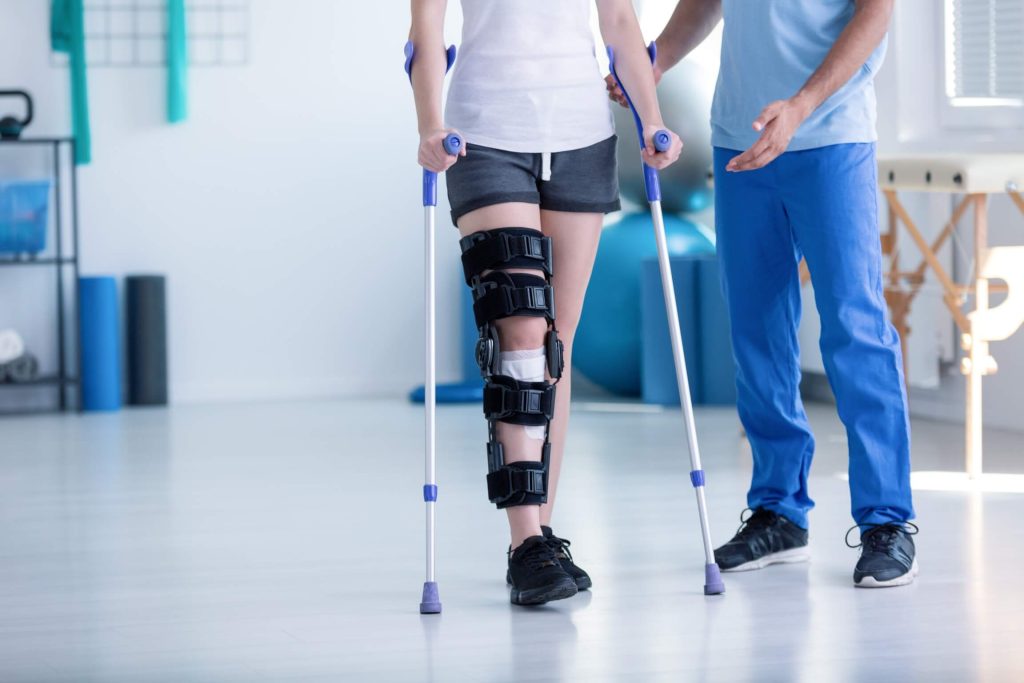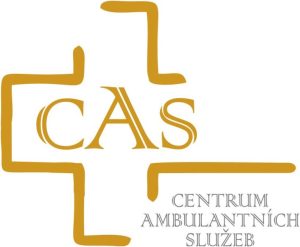Physical therapy
Therapy and exercise under the guidance of an experienced physiotherapist are considered the most important element in the prevention of pain, disorders, and injuries of the musculoskeletal system. Problems with the musculoskeletal system are often caused by poor movement patterns and habits that lead
to long-term overload, pain, muscle imbalance, and dysbalance. These difficulties can be eliminated with regular physiotherapy.
At our center, we treat acute and chronic back and joint pain, provide preoperative physiotherapy, treat conditions after surgery and injuries, jaw joint pain, and poor posture in children.
We take a comprehensive approach to each client, choosing an individual therapeutic plan for each person according to their abilities and condition. The client is an active part of the therapeutic process.
Our therapies are based on musculoskeletal medicine techniques and the principles of developmental kinesiology.
During the first therapy session, we perform an initial examination, based on which we perform manual treatment if necessary and put together a therapy plan. If you have any examination reports or reports from your doctor, it is advisable to bring them with you.
We treat patients with referrals from doctors and self-paying patients. If you have an FT referral issued by a general practitioner or specialist (rehabilitation doctor, neurologist, orthopedist, surgeon, dentist, etc.), please bring it with you, along with your insurance card and ID.
Dear clients, please note that you must make an appointment for physiotherapy within 14 days of the FT referral being issued, and the entire course of physiotherapy must be completed within 3 months of the date of issue of the FT referral.
You can also make an appointment for physiotherapy without an FT voucher as a self-payer.
We treat children from 5 years of age and adults.
What problems do we most often treat?
- Back pain and blockages
- Headaches and cervical spine pain
- Herniated intervertebral discs
- Shoulder, hip, and knee joint pain
- Degenerative joint disease
- Muscle injuries, accidents, and post-traumatic conditions
- Heel spurs, javelin thrower’s elbow, tennis elbow, forearm pain
- Preoperative and postoperative care – rehabilitation
- Neurological diseases

